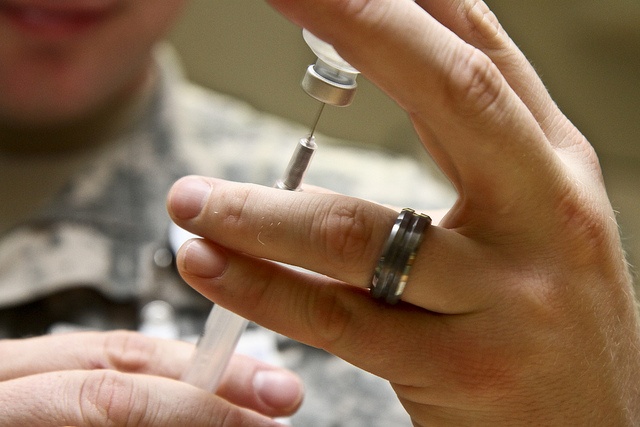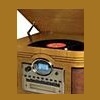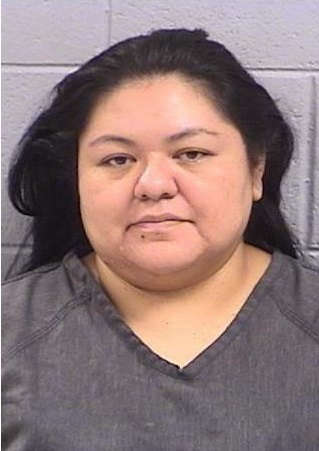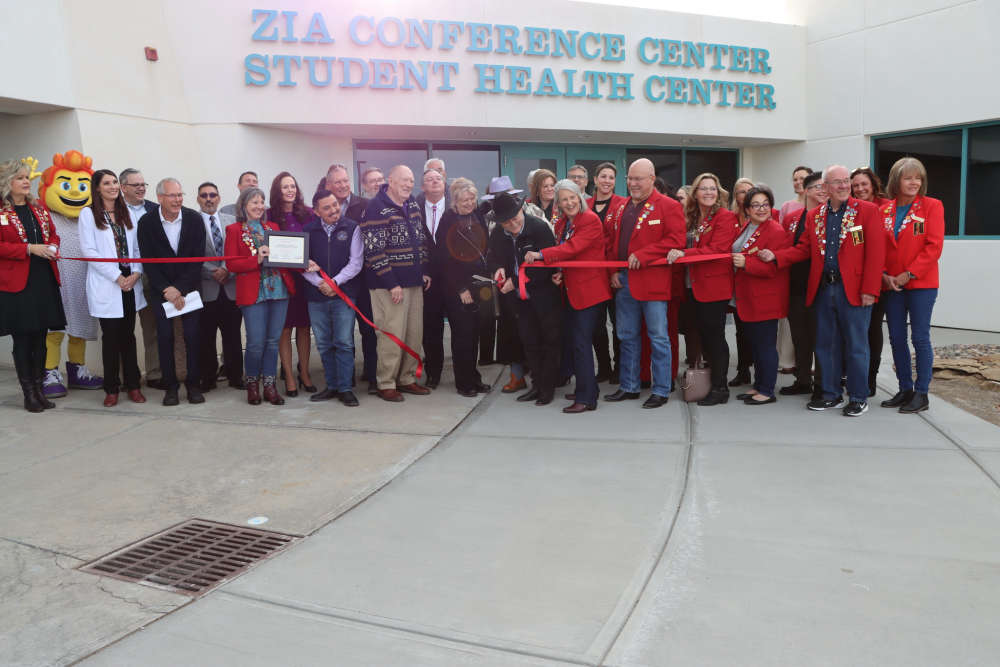
The best things to do to keep yourself well are to get a flu shot and wash your hands. If you are sick, please do not come to visit patients at the hospital and leave children under 14 at home so they do not get sick.
Flu season is hitting the Four Corners especially hard this year and San Juan Regional Medical Center wants to help protect you and your loved ones. The best things to do to keep yourself well are to get a flu shot and wash your hands. If you are sick, please do not come to visit patients at the hospital and leave children under 14 at home so they do not get sick.
Signs and symptoms of the flu include:
- fever*
- cough
- sore throat
- runny or stuffy nose
- body aches
- headache
- chills
- fatigue
- sometimes diarrhea and vomiting
*Not everyone with flu will have a fever.
So what should you do if you think you have the flu? According to the Centers for Disease Control, most people who get the flu will not need medical care or antiviral drugs. If you have flu symptoms, the best thing to do is stay home and avoid contact with other people. Get plenty of rest, drink lots of fluids, and use a fever-reducing medicine. Make sure to cover your mouth when coughing/sneezing and always wash your hands. The CDC recommends staying home for at least 24 hours after your fever is gone. Others around you should wash their hands frequently to avoid contracting the virus.
What about high-risk groups?
High-risk groups such as young children, people 65 and older, pregnant women and people with certain medical conditions should contact their healthcare provider. They may benefit from antiviral drugs that may prevent serious complications. You should also seek medical care immediately if you have one or more of these emergency warning signs:
In children:
- Fast breathing or trouble breathing
- Bluish skin color
- Not drinking enough fluids
- Not waking up or not interacting
- Being so irritable that the child does not want to be held
- Flu-like symptoms improve but then return with fever and worse cough
- Fever with a rash
In addition to the signs above, get medical help right away for any infant who has any of these signs:
- Being unable to eat
- Has trouble breathing
- Has no tears when crying
- Significantly fewer wet diapers than normal
In adults:
- Difficulty breathing or shortness of breath
- Pain or pressure in the chest or abdomen
- Sudden dizziness
- Confusion
- Severe or persistent vomiting
- Flu-like symptoms that improve but then return with fever and worse cough

 Police: Farmington Child Abuse Suspect Killed in Home
Police: Farmington Child Abuse Suspect Killed in Home
 College Opens new Student Health Center
College Opens new Student Health Center
 Farmington Couple Accused of Severe Child Abuse
Farmington Couple Accused of Severe Child Abuse
 Feds Indict Shiprock Father & Son for Illegal Marijuana Farms in NM
Feds Indict Shiprock Father & Son for Illegal Marijuana Farms in NM
 Passenger Air Service Returns to Farmington
Passenger Air Service Returns to Farmington
 2024 Election: San Juan County Contested Races
2024 Election: San Juan County Contested Races



